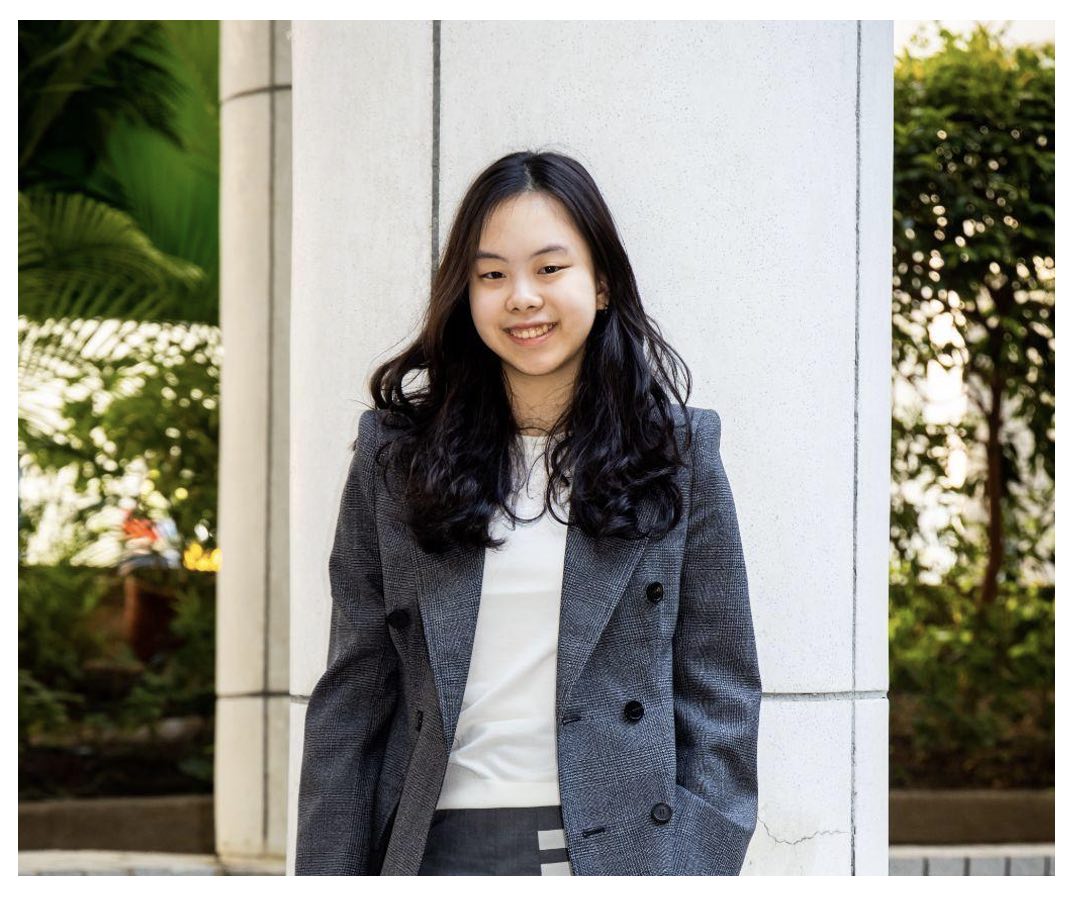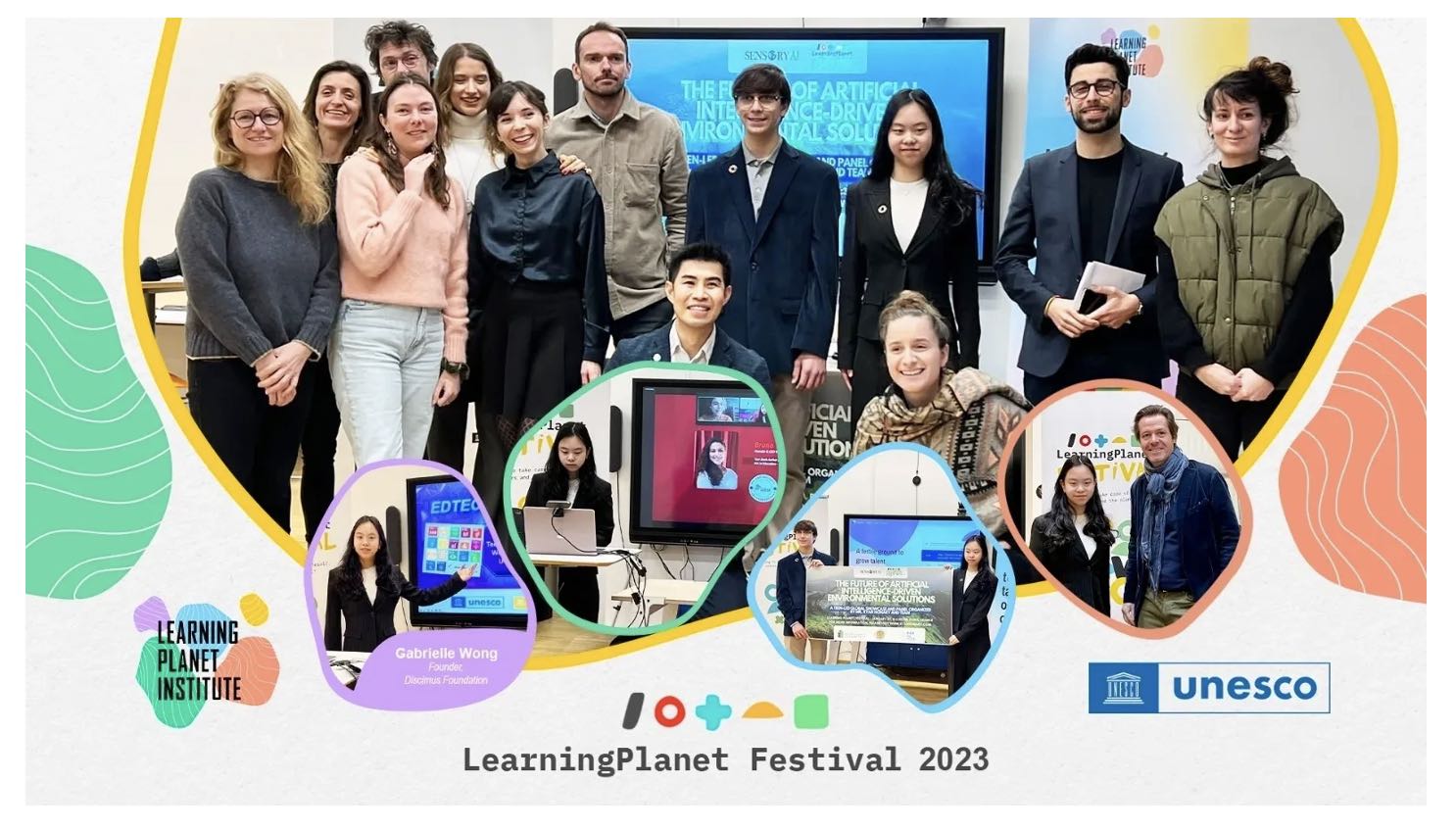
The rise of vector-borne diseases, fueled by factors such as the growing human population, environmental changes, and lack of data in rural areas, has made malaria an ever-increasing concern. But, thanks to innovators like Discimus Foundation Founder Gabrielle Wong, the world’s well-being is set to soar. With her software development system and machine learning models taking center stage, the current 17-year-old UK prodigy could hold the tantalizing truth about fixing parts of the world that we all desperately seek to solve.
Were you aware that the most lethal creature on the planet is not large predators, such as lions, tigers, or bears? It is, instead, a significantly smaller entity. In fact, this tiny stinging insect we so often swot away has been renowned for causing over 700,000 deaths annually.
In just one bite, its transmission of infectious vector-borne nightmares like malaria remains one of the most devastating human parasitic diseases. Meet the measly mosquito.
Upon timely research, we have discovered how optimal temperature plays a pivotal role in facilitating the organism’s biological processes. What doesn’t help is that the impacts of climate change are exacerbating this situation and posing additional challenges.
Many hotspots hosting these under-recognized arboviruses emitting vector-borne diseases, such as malaria, dengue, and leishmaniasis, currently significantly burden low-income sub-tropical and tropical areas. Why, at a glance, according to the 2021 World Malaria Report, there were an estimated 241 million malaria cases in 2020; 95 percent were found in Africa alone.
However, this could all change as recent studies have shown that “rising temperatures threaten malaria transmission in Europe with Anopheles mosquitoes expected to migrate northward by 2030 or 2050”.
Could this spell trouble for the spread of infectious diseases? Today pockets of vulnerability in poverty-stricken countries, plus those in rural communities, have the most difficulty with malaria because of restricted access to resources to protect themselves.
Even though there has been a significant reduction in the global burden of malaria due to increased funding, and political commitment, progress has since slowed because of challenges like the emergence of other diseases, including COVID-19. Just one example of a recent factor that threatened continued progress.
From this, the importance of developing more methods of eradication and prevention through innovation and data has never been more prevalent. So how can we continue to fuel the spread of information to implement national malaria-control strategies?
By actively engaging in hearing from the young trailblazers of this generation.
“I aim to continue developing new ideas to help everyone try new computational projects and solve the world’s most prevalent problems,” shares 17-year-old global innovator Gabrielle Wong. “It’s quite a big task, but I think that if we take one step at a time by working with other computer scientists, and researchers, we can all collaboratively create a change to this and prevent any serious effects of potential disease transmission.”
What started as a fear of the unknown during the height of the pandemic, mixed with immense curiosity, sparked a revolutionary innovator like Wong to act upon her desire to help advance the world.
To combat this and provide a sustainable solution for vector-borne diseases, “one of the first projects I ever did was I developed a software called GeoMosquito,” says Wong. “This monitors mosquito density malaria rates in SubSaharan Africa using satellite climate and agricultural data, most notably rice field data, that builds on a study done by Stanford.”
With a heavy passion for what lies between anthropology and computer science, it’s no surprise that student prodigy Gabrielle Wong’s current research and development on this issue of vector-borne diseases is turning heads.
Right now, her innovative patent-pending phenomenon has since won first place in the Maxar Climate Mapping Challenge in the 2022 NFTE World Series of Innovation. The data collected from GeoMosquito has further enabled Wong to write research papers interrogating malaria control policies in Kebbi State {one of the biggest rice producers in Nigeria}.
“It’s a machine learning-based anthropological analysis which studies how rice harvesting reduced the effects of malaria control policies,” explains Wong. “From here, I built on the software and developed a machine called MosquitoSat that serves as a mosquito logging device. It uses acoustic sensors to detect mosquitoes. I am also developing a function to eject BTI bacteria into bodies of static water that the model predicts to have mosquitoes.”
For Gabrielle Wong, the most crucial thing is accuracy.
“It’s important for everyone to address this widespread issue. Institutions and organizations must work together to find the ideal solution to guarantee the model’s accuracy in predicting outcomes,” says Wong.
During her extensive research and findings, one thing that stood out was that places like Nigeria’s rice-producing state needs more data, revealing unequal data collection compared to urbanized countries. “In the end, specifically, because it’s so rural, the collection methods were either too expensive, too remote to execute, or just not viable, given other factors.”
However, with the aid of MosquitoSat and GeoMosquito, Wong can get essentially “clean through and filter the data, changing the RGB values to ensure that the machine has the highest accuracy in predicting it.”
“We’re building it in this very sustainable, easy software and a tiny machine, which is equipped with a drone, which means that it can be easier for people living in those rural communities to track down where the risk of mosquitoes might be essentially preventing them from contracting the disease,” Wong says.
Vector-borne diseases may differ in symptoms and how they are transmitted, but it is through the same transmission mode. “So if we can develop a sustainable solution for malaria, it can be applied for every disease, and we would have a much better leg up in the future,” she continues.
Gabrielle Wong may be passionate about vector-borne diseases, but what came to fruition in 2019 during fieldwork in Cambodia was that many drivers can determine a given human health outcome, of which things like climate change are only one.
As the founder of Discimus Foundation, which aims to “provide quality computers and coding lessons to children worldwide,” Wong’s strong tie to technology has forever changed her life. Now, she aims to give back by helping other younger generations utilize technology and thrive.
“When it comes to the world of technology, people may think about AI as a terrifying thing. However, it can be such a powerful tool for solving or progressing toward the UN Sustainable Development Goals. It can truly make an impact.”
She adds, “But more importantly, it’s vital in helping humans develop a sense of immunity to the problems ahead.”
Her foundation has launched computer labs and programs in five countries. It has introduced cassava harvesting in Nigeria as an alternative to rice cultivation {which closely associates itself with mosquitoes}.
Ultimately, by using existing tools effectively to save lives and advancing innovative approaches to eradication, we can continue to drive home the importance of vector control, eliminating vector-borne diseases, and rid the world of this preventable, treatable disease.
“So far, we’ve partnered with five charities,” says Wong. “We’ve had over 9000 student attendance with over 800 lessons. Because of that, I have presented at many huge forums, such as the Women’s Forum For The Economy And Society and the UNESCO Learning Planet Festival.”

And her hard work has not gone unnoticed. Gabrielle Wong has also received The 2023 Diana Award and was nominated as a finalist for The Commonwealth Youth Award.
Now that’s inspiring.
Any upcoming innovators or budding impact makers who want to sow the seed of change should take note. “Work very hard to try your best to succeed. And know that whatever impact you make now, it’s going to be continually built on, and it will make a change, whatever size the impact you’ve made,” concludes Wong.
For more information on the award-winning 17 year old Gabrielle Wong’s innovative tools and techniques set to combat vector-borne diseases, visit her website here.
Advertising disclosure: We may receive compensation for some of the links in our stories. Thank you for supporting LA Weekly and our advertisers.
